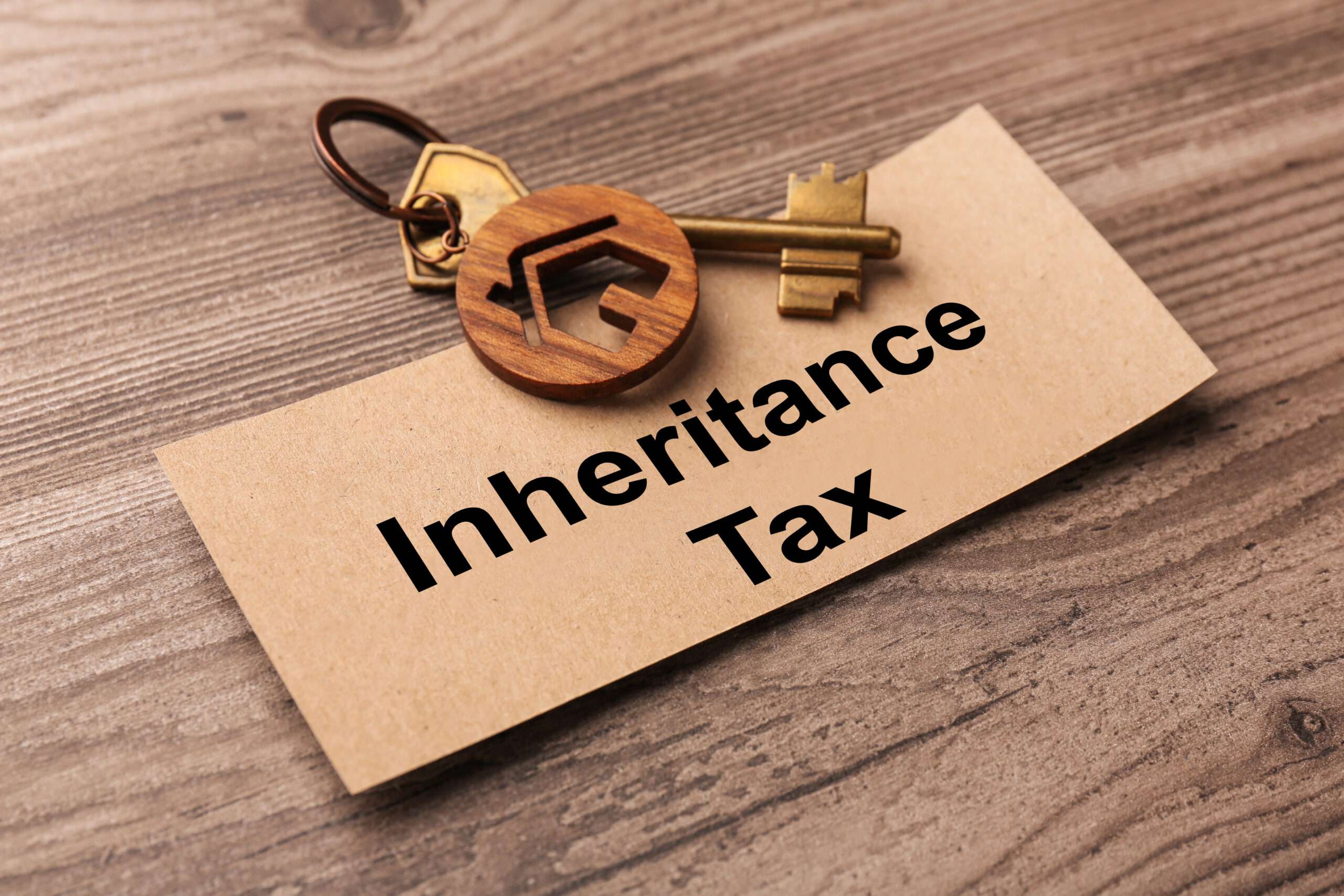Buying your first home is an exciting milestone, but the process can often feel overwhelming, especially when it comes to mortgages. As a first-time buyer in the UK, understanding the intricacies of mortgages is crucial to making informed decisions and securing the best deal.
From understanding the different types of mortgages to preparing the necessary documentation, first-time buyers can easily navigate the property ladder with the right guidance. This guide provides essential mortgage tips to help first-time buyers in the UK feel more confident and prepared during their home-buying journey.
Understand the types of mortgages available

There are several types of mortgages available for first-time buyers in the UK, each with its own benefits and considerations. The most common types are fixed-rate and variable-rate mortgages, but there are other options, like tracker and offset mortgages, that might suit different financial situations.
Fixed-rate mortgages
These offer a stable interest rate for a set period, usually two to five years. This means your monthly payments will remain consistent, which can be beneficial for budgeting. However, fixed-rate mortgages might come with higher interest rates than variable ones, and you could face early repayment charges if you decide to pay off the mortgage early or switch providers before the term ends.
Variable-rate mortgages
These come with fluctuating interest rates, which can go up or down depending on the Bank of England’s base rate. While you might benefit from lower interest rates at times, there’s also the risk that rates could rise, leading to higher monthly payments. Two common types of variable-rate mortgages are standard variable rate (SVR) and discounted rate mortgages.
Understanding these mortgage types is essential to choosing the one that best fits your financial situation and future plans. Speak to a mortgage advisor for personalized advice based on your income, deposit size, and other factors.
Know what to expect in terms of costs
Aside from your mortgage deposit, several other costs come into play when purchasing a home. It’s important to be aware of these additional expenses so you’re not caught off guard.
Upfront Costs
- Deposit: Typically, you’ll need at least 5% of the property’s value as a deposit. However, a larger deposit (10-20%) often results in better mortgage rates.
- Stamp Duty: First-time buyers in the UK are exempt from paying stamp duty on properties up to £425,000. For properties between £425,001 and £625,000, only the portion exceeding £425,000 is taxed.
- Valuation and Survey Fees: Mortgage lenders usually require a property valuation to ensure it’s worth the amount they’re lending. Surveys, though optional, are highly recommended to identify any potential issues with the property.
Ongoing Costs
- Monthly Repayments: Your monthly mortgage payment will be based on your mortgage type, interest rate, and term length.
- Buildings Insurance: Mortgage lenders require you to have buildings insurance in place from the date of exchange to protect the property.
- Home Maintenance: Don’t forget to budget for ongoing maintenance costs that come with homeownership, such as repairs, improvements, or unexpected emergencies.
Knowing all these costs upfront helps avoid unpleasant surprises and ensures you can comfortably afford your new home in the long term.
Prepare your finances and improve your mortgage eligibility
Lenders assess your financial situation closely before approving your mortgage, so being financially prepared is key. There are several steps you can take to improve your chances of getting approved for a mortgage with a favorable interest rate.
- Check Your Credit Score: Before applying for a mortgage, check your credit report for any inaccuracies or issues that could negatively affect your application. Paying off debts and keeping your credit utilization low can boost your score.
- Save for a Larger Deposit: The larger your deposit, the less risky you’ll appear to lenders, which can result in more favorable mortgage rates. Aim for at least 10% if possible.
- Reduce Your Debt: Lenders will assess your debt-to-income ratio, so paying off outstanding loans or credit card balances before applying can increase your mortgage eligibility.
- Get Pre-Approval: Securing mortgage pre-approval gives you an idea of how much you can borrow and shows sellers that you’re a serious buyer. It also helps you act quickly when you find the right property.
Taking these steps in advance makes the mortgage application process smoother and increases your likelihood of getting approved for the best mortgage deal available.
Conclusion
For first-time home buyers in the UK, understanding the mortgage process is an essential part of stepping onto the property ladder. By educating yourself on the various mortgage options, budgeting for upfront and ongoing costs, and preparing your finances, you can navigate the complexities of home buying with confidence.
Securing a mortgage doesn’t have to be stressful, and with the right preparation, you can make your dream of homeownership a reality.



